Friday, June 9th at 1:00pm EST / 10:00am PST
Productivity Monitoring, Surveillance, Automation, and Big Tech Harms - How Truckers Build Power and Fight Back
Registration: https://cmu.zoom.us/webinar/register/WN_RVIAaHKBR6yjKFn1RRe_Ag
Wilneida Negrón,Coworker
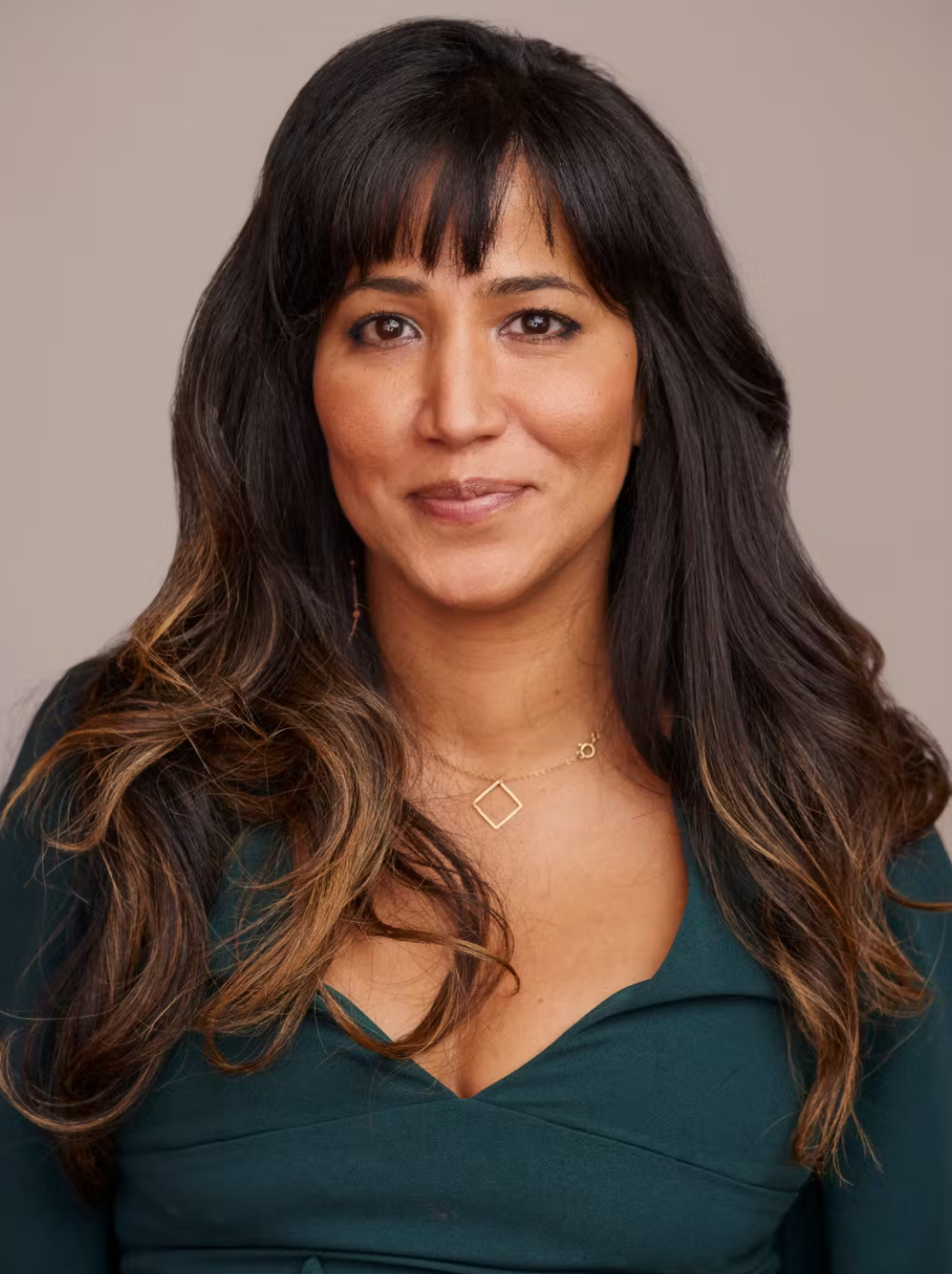
Karen Levy, an ACM FAccT scholar, was among the first to document the technological changes that have affected the trucking industry. Since then we have found that truck drivers are at the forefront of what the future workplace will look like with the variety of devices that track everything from hours spent on the road to eye movement patterns, as well as advances in automation. Yet adapting to the future is just one of the challenges workers face today. Additionally, there are historical structural labor problems, including rampant sexual harassment and gender violence among female truck drivers, and the ongoing harm caused by Big Tech. Come listen to how truck driver Desiree Wood (Real Women of Trucking) tackles it all and empowers female truck drivers to find their voice and dignity to change the industry as well as partners with advocacy groups such as Upturn to challenge and remedy Big Tech harms.
Dr. Wilneida Negrón is the Director of Research and Policy at Coworker where she leads participatory research and investigations with workers and advocates on emerging technology trends in the workplace and across industries. Her work has led to the first comprehensive database of employment technologies that is being used by workers, government, advocates, academics, and journalists to understand emerging trends and design organizing, policy, regulatory, and storytelling strategies. She has a PhD in Comparative Politics, with a specialization in social and political implications of emerging technologies in East Asia and Latin America, a Masters in Public Administration, and an M.Phil. in International and Global Affairs. She is a lifelong fellow for Data & Society Research Institute and the Atlantic Fellows Program for Racial Equity.
Mitra Ebadolahi, Upturn
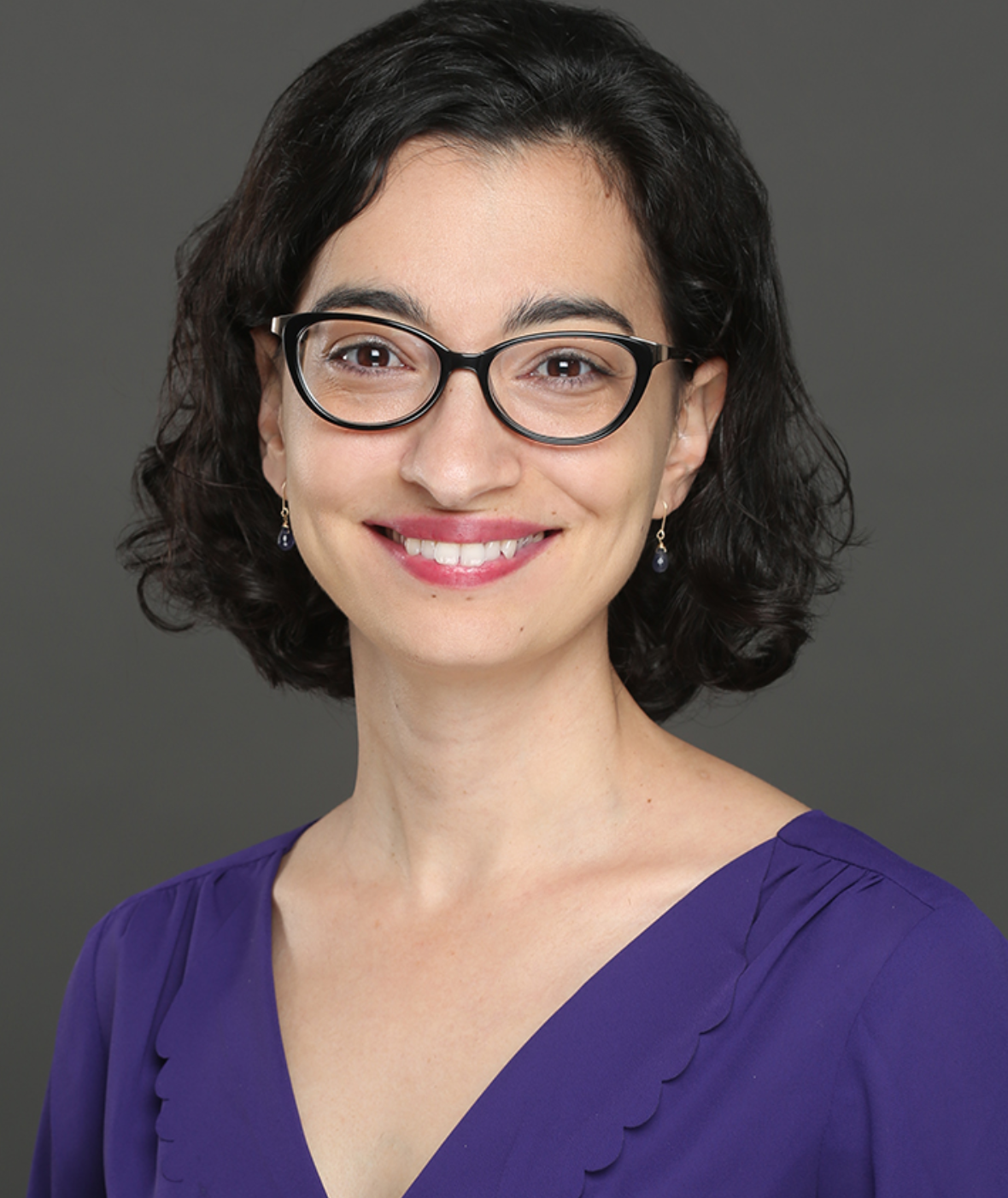
Mitra Ebadolahi is the Senior Project Director for Economic Justice at Upturn. Prior to joining Upturn, Mitra spent more than a decade with the American Civil Liberties Union (ACLU), where she co-created the Border Litigation Project and litigated civil rights cases at the intersection of immigrants’ rights, racial justice, and police practices. Mitra completed her legal studies at New York University School of Law, earning her JD, cum laude, in 2008. At NYU Law, Mitra was a Root-Tilden-Kern Scholar and served as the Senior Notes Editor of the Law Review. After law school, Mitra clerked for Judge Margaret M. Morrow (C.D. Cal.) and for Judge Betty B. Fletcher (9th Cir.). She subsequently received her LL.M. in International Legal Studies, also from NYU Law, in 2012. Mitra holds a MSc in Politics of the World Economy (with Distinction) from the London School of Economics, which she attended as a U.S.-UK Fulbright Scholar. She received a double BA, summa cum laude, in international development studies and history from the University of California, Los Angeles.
Desiree Wood, Real Women of Trucking

A Mexican American woman from California with two children and six grandchildren, Desiree Wood began writing about her experiences as a single female entering trucking in 2008 on the "Ask the Trucker" blog. Her unedited story, "A Day in the Life of a Lady Trucker" became the basis of four Dan Rather Investigative reports into truck driver training. In 2010, Desiree founded REAL Women in Trucking. She is also the President of Truckers Emergency Assistance Responders (T.E.A.R.). Desiree is internationally recognized for her work advocating for truckers and specifically women who are entering the industry. Known as an expert on entry-level truck driver training fleet practices with firsthand experience, she provides insight to law firms on recruiting, retention, and training. Her commitment to ensuring safety in the industry runs deep. She provides insight to scholars, lawmakers, the public and private sector sharing her first-hand knowledge of the trucking industry. Her support and leadership on legislative/policy efforts is well known. She champions for improvements in training to end sexual violence and sexual harassment, discrimination, safe truck parking, higher standards in CDL training, awareness on how to report human trafficking and increased wages for drivers.
Monday, June 12th at 1:45pm
Dr. Alondra Nelson Professor, Institute for Advanced Study
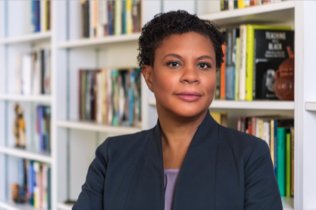
A researcher, writer, and policy advisor, Alondra Nelson is the Harold F. Linder Professor at the Institute for Advanced Study and distinguished senior fellow at the Center for American Progress. She was formerly deputy assistant to President Joe Biden and acting director at the White House Office of Science and Technology Policy. A scholar of science, technology, medicine, and inequality, Nelson was selected by Nature as one of the ten people who shaped science in 2022. She is author, most recently, of The Social Life of DNA, an award-winning exploration of the implications of direct-to-consumer genomics.
Tuesday, June 13th at 8:45am
Dissecting health algorithms
Dr. Ziad Obermeyer
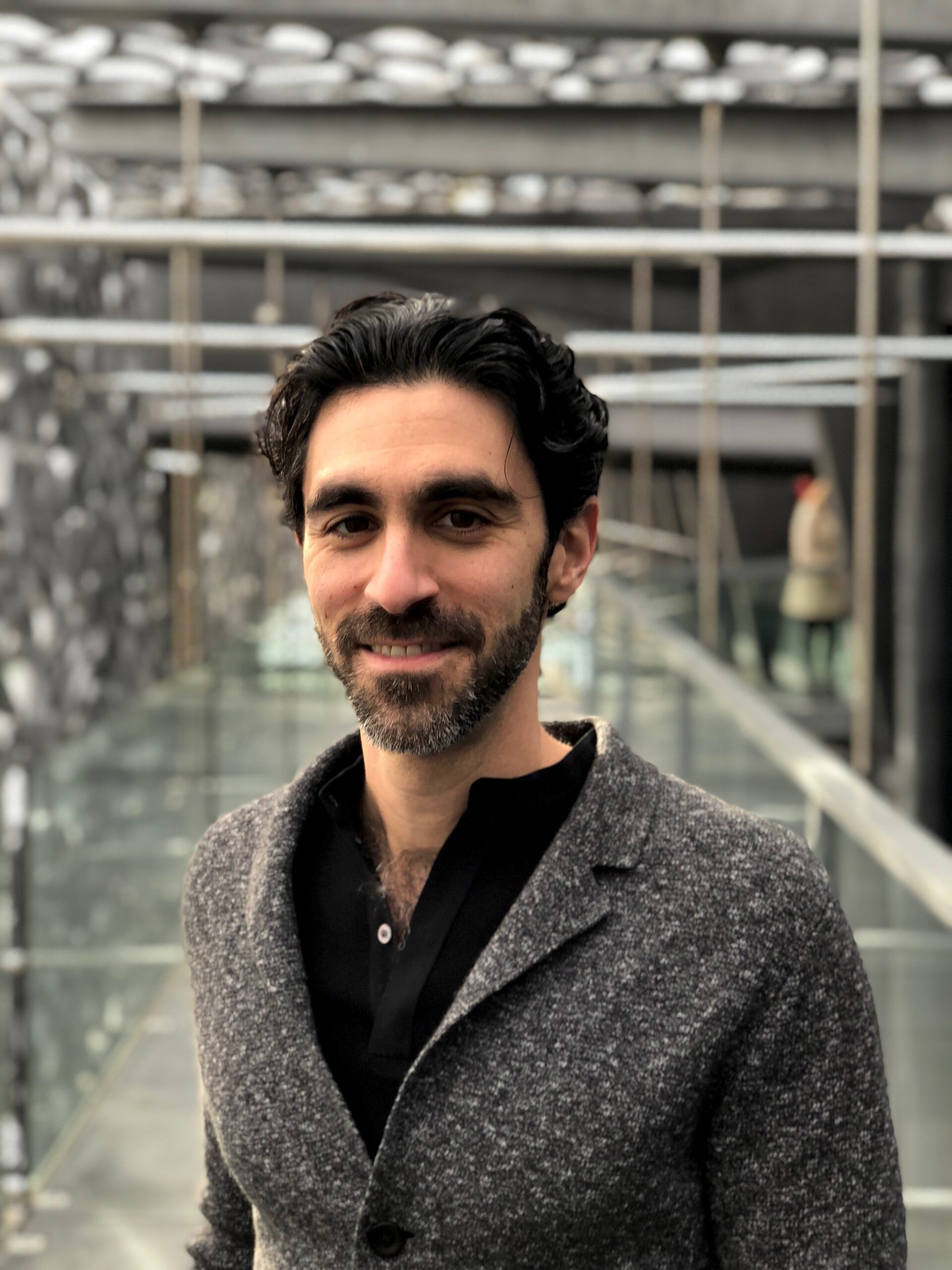
Algorithms already operate at scale in the health care system, affecting life and death decisions for hundreds of millions of patients. Auditing these algorithms, in terms of overall performance and fairness, presents some unique problems and opportunities for impact. I'll review some of these, emphasizing how engagement with concrete use cases can inform abstract notions of fairness and how to achieve it.
Ziad trained as an emergency doctor - and he still gets away as often as he can, to a hospital in rural Arizona, to work in the ER. But these days, he spends most of his time on research and teaching at Berkeley. Inspired by his clinical practice, he builds machine learning algorithms that help doctors make better decisions. He also studies where algorithms can go wrong, and how to fix them: his work on algorithmic bias has been highly influential both in public debate about algorithms, and in regulatory oversight and civil investigations. He is a Chan Zuckerberg Biohub Investigator, a Faculty Research Fellow at the National Bureau of Economic Research, and has been named an emerging leader by the National Academy of Medicine. His work has won numerous awards, and appeared in a wide range of journals (Science, Nature Medicine, the New England Journal of Medicine, leading computer science conferences). He is a co-founder of Nightingale Open Science, a non-profit that makes massive new medical imaging datasets available for research, and Dandelion, a platform for AI innovation in health. Before coming to Berkeley, he was an Assistant Professor at Harvard Medical School and a consultant at McKinsey & Co.
Tuesday, June 13th at 1:15pm
The Humans Behind the Intelligence: Speaking with Data Workers
Dr. Alex Hanna, Director of Research, DAIR Institute
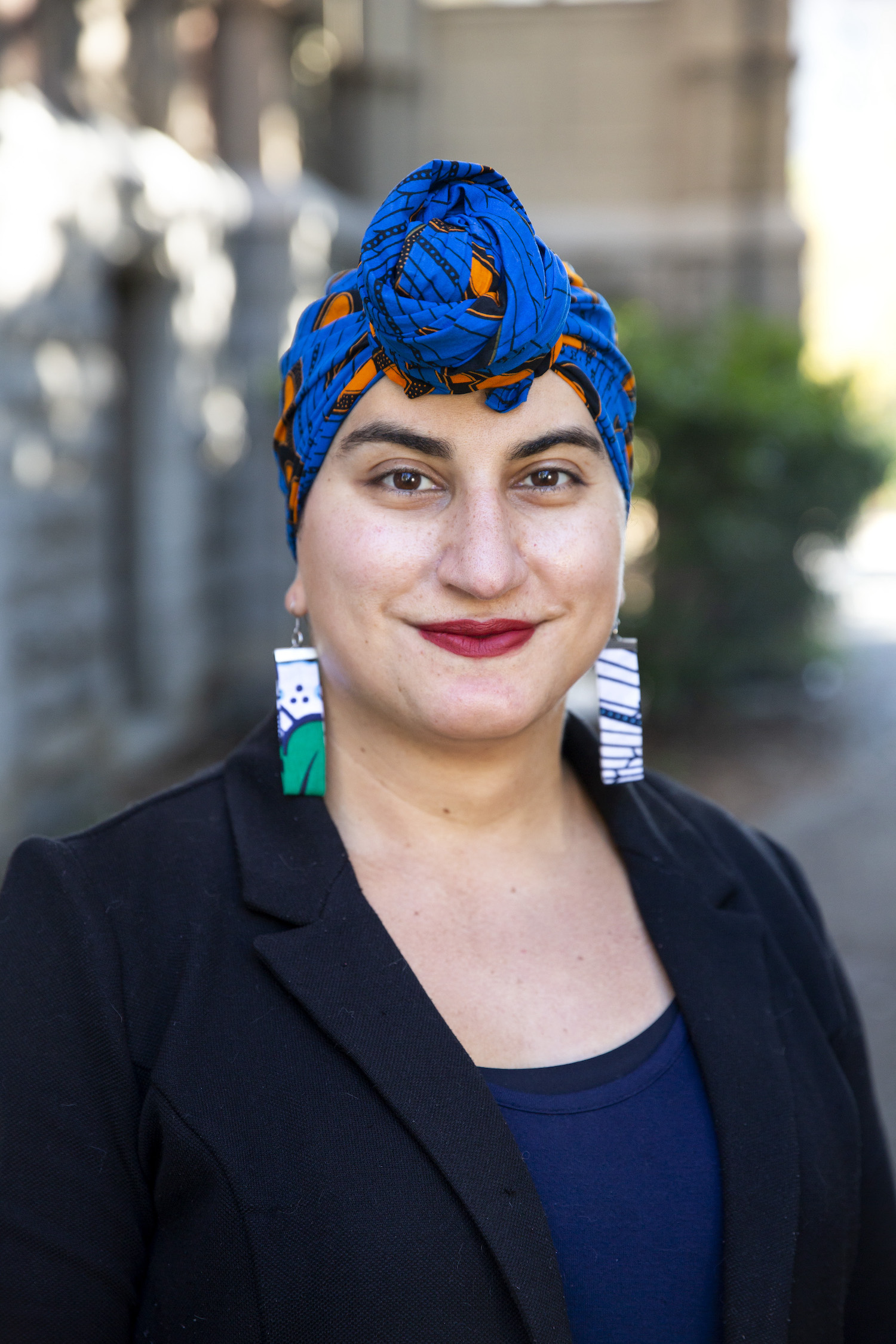
Generative artificial intelligence (AI) tools like ChatGPT and Stable Diffusion have taken over the conversation around AI and the ethics of these systems. However, like nearly all automated decision-making systems before them, they rely on a reserve army of human laborers to distinguish fact from fiction, poorly formed responses from legible language, and gory violence from sanitized scenery. In this panel, we have a conversation with three Turkopticon organizers involved with fighting against the race to the bottom enabled by Amazon Mechanical Turk, Amazon’s popular data annotation tool. Organizers will discuss their campaign against mass rejections, the challenge of organizing against a tech behemoth, and how the politics of labor need to be at the center of the conversation within machine learning fairness and AI ethics.
Dr. Alex Hanna is Director of Research at the Distributed AI Research Institute (DAIR). A sociologist by training, her work centers on the data used in new computational technologies, and the ways in which these data exacerbate racial, gender, and class inequality. She also works in the area of social movements, focusing on the dynamics of anti-racist campus protest in the US and Canada. Dr. Hanna has published widely in top-tier venues across the social sciences, including the journals Mobilization, American Behavioral Scientist, and Big Data & Society, and top-tier computer science conferences such as CSCW, FAccT, and NeurIPS. Dr. Hanna serves as a co-chair of Sociologists for Trans Justice, as a Senior Fellow at the Center for Applied Transgender Studies, and sits on the advisory board for the Human Rights Data Analysis Group and the Scholars Council for the UCLA Center for Critical Internet Inquiry. FastCompany included Dr. Hanna as part of their 2021 Queer 50, and she has been featured in the Cal Academy of Sciences New Science exhibit, which highlights queer and trans scientists of color. She holds a BS in Computer Science and Mathematics and a BA in Sociology from Purdue University, and an MS and a PhD in Sociology from the University of Wisconsin-Madison.
Brook Hansen, Turkopticon

Brook Hansen is an organizer with Turkopticon, a worker-led non-profit organization dedicated to fighting for the rights of Amazon Mechanical Turk (AMT) workers, and a crowdsource worker on multiple online platforms. She also serves as an elected School Board Trustee for a Michigan public school district and is an advocate for public education especially for those who are most vulnerable and often marginalized. Prior to her crowdsource work she worked for the Michigan Department of Natural Resources. Brook graduated from Northern Michigan University with a degree in Environmental Conservation/Biology.
Krista Pawloski, Turkopticon
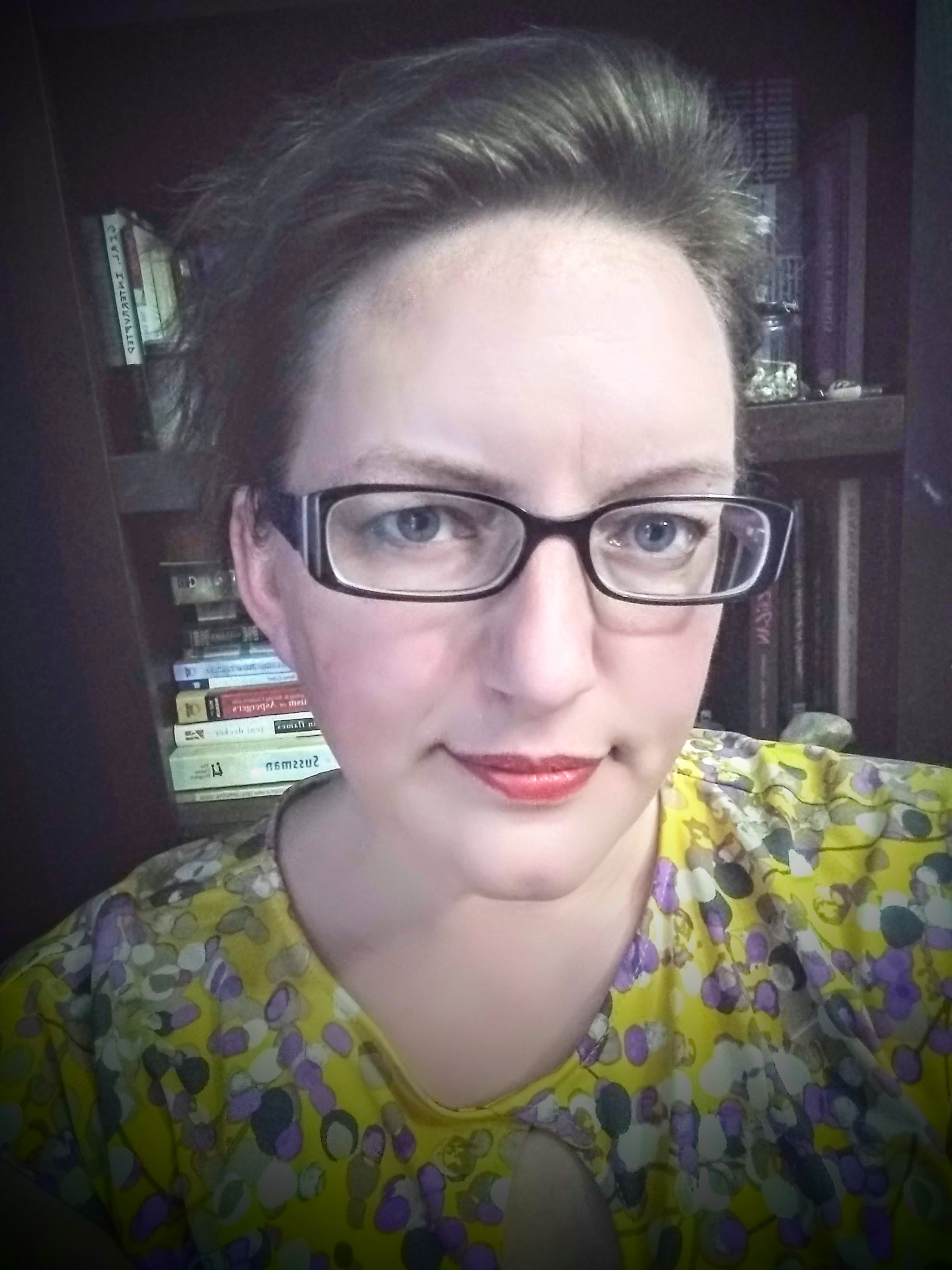
Krista Pawloski is a crowdworker with a background in print, prepress, graphic design, and mail merge coding. She currently works with Turkopticon in their fight to bring fair treatment to crowdworkers using Amazon Mechanical Turk. She is a mother of two amazing teenagers, one being special needs. As a mother to a special needs child, crowd work is able to give her a lifestyle that allows her to support her children and remain financially independent. She spends her free time volunteering at her local nature center and land conservancy group.
Krystal Kauffman, Turkopticon
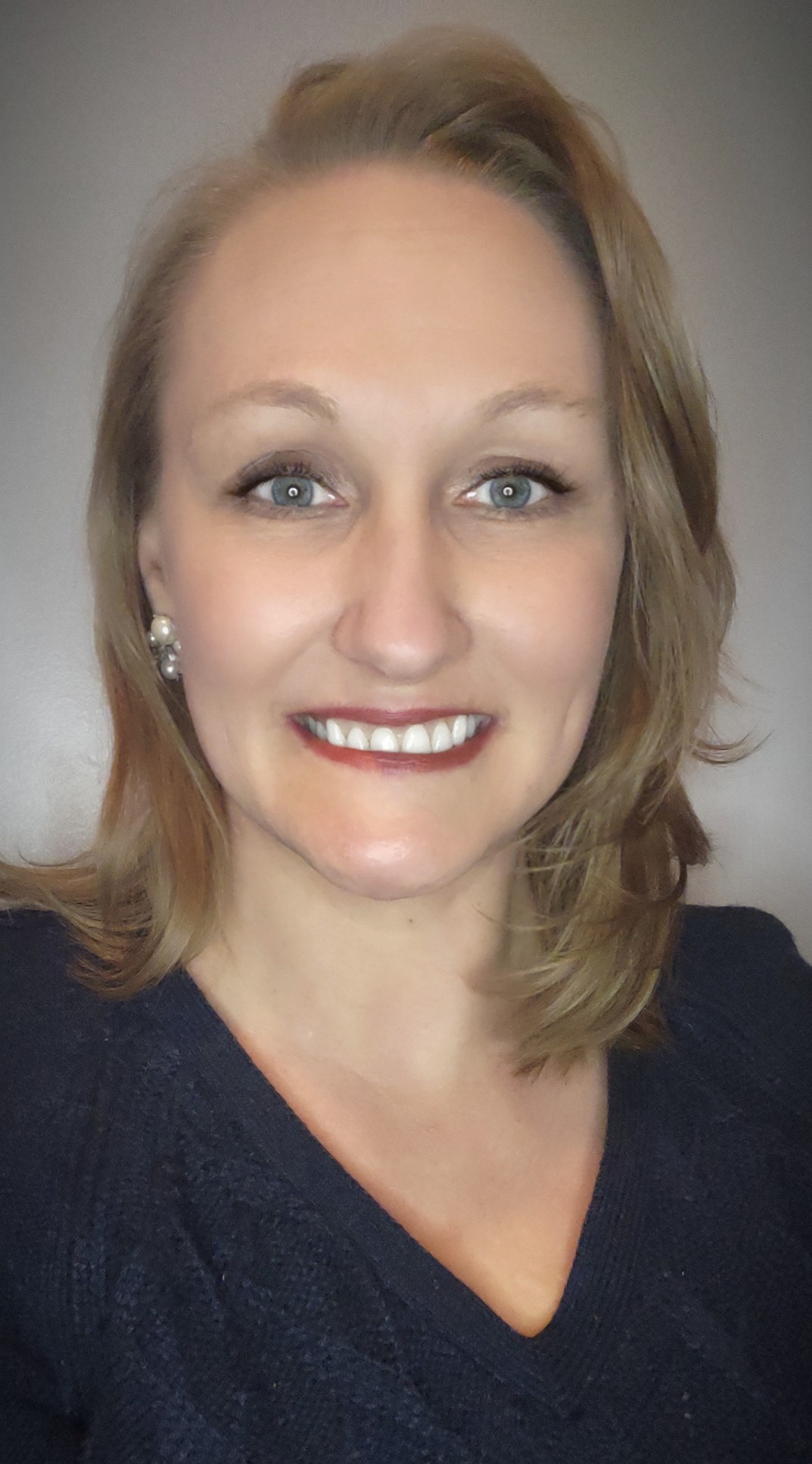
Krystal Kauffman is a gig worker and the lead organizer of Turkopticon, a nonprofit organization dedicated to fighting for the rights of gig workers, specifically those using Amazon's Mechanical Turk (AMT) platform. She started working on AMT in 2015 and is well-versed in the types of microtasks presented to crowdsource workers. Krystal joined Turkopticon in 2020 and recently started as a research fellow with the DAIR Institute. She is committed to working alongside others to build a community of workers who are united in righting the wrongs of the big-tech marketplace platforms. Prior to her work with Turkopticon and DAIR, Krystal worked as an organizer on political and issue campaigns for a decade before pursuing a degree in geology.
Wednesday, June 14th at 8:45am
The power of predictions
Dr. Moritz Hardt, Director at Max Planck Institute for Intelligent Systems

Dr. Moritz Hardt, Director at Max Planck Institute for Intelligent Systems

We introduce the calculus of performative prediction for its use in reasoning about the effects of algorithmic predictions on human populations. Performative prediction reveals a distinction between two mechanisms fundamental to prediction. One is to discover patterns in a population. The other, less recognized, is to steer the population through predictions. Building on performative prediction, we develop a notion of power tailored to digital platforms operating predictive systems. From here we examine the power of platforms in digital markets through theory, observational causal inference, and randomized experiments. We end on a discussion of collective algorithmic strategies to effectively resist the power of platforms.
Moritz Hardt is a director at the Max Planck Institute for Intelligent Systems. Prior to joining the institute, he was Associate Professor for Electrical Engineering and Computer Sciences at the University of California, Berkeley. His research contributes to the scientific foundations of machine learning and algorithmic decision making with a focus on social questions. He co-authored the textbooks "Patterns, Predictions, and Actions: Foundations of Machine Learning" and "Fairness and Machine Learning: Limitations and Opportunities.
Wednesday, June 14th at 1:15pm
Feminist design principles in the future of global work
Dr. Payal Arora, Professor at Erasmus University Rotterdam
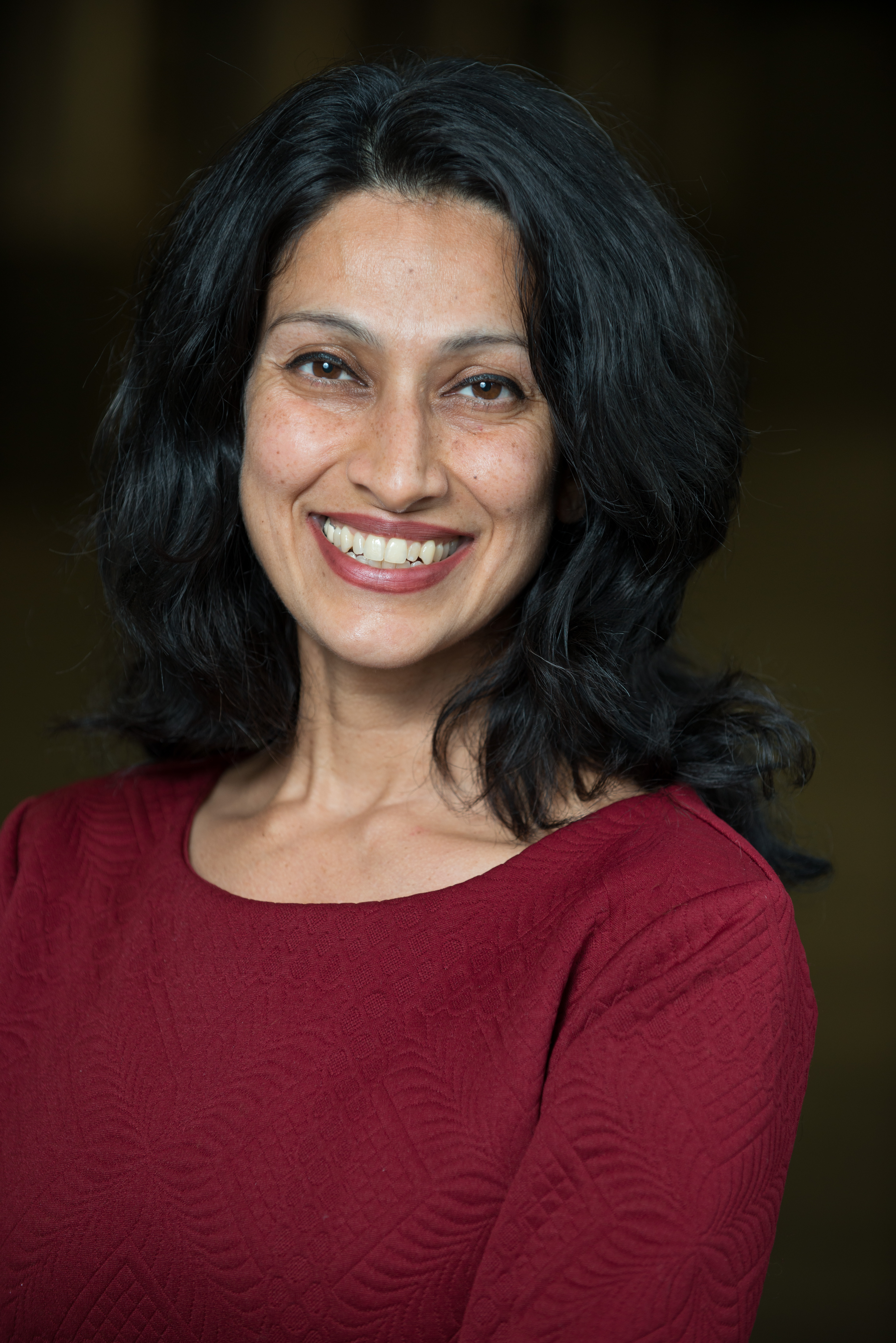
Dr. Payal Arora, Professor at Erasmus University Rotterdam

FAIR principles of Findability, Accessibility, Interoperability, and Reusability remain an essential guide to organizations in the handling of data systems. However, as global labor becomes increasingly digital, worker concerns escalate of being replaced, alienated, or undermined by data systems. What if we were to shift our focus from data-centric to worker-centric in the design of work platforms? What kinds of principles are needed to ensure that data works for us to foster equitable, and inclusive work platforms across the global value chain? This talk builds on the voices and experiences of the workers in the Majority World to inspire us to rethink data systems for an inclusive future.
Payal Arora is a digital anthropologist, a Professor in Technology, Values, and Global Media Cultures, and Director in UX and Inclusive Design at Erasmus University. She is the co-founder of FemLab, a feminist future of work initiative. Her expertise draws from two decades of user experiences among low-income communities worldwide to shape inclusive designs and policies. She is the author of award-winning books including the “The Next Billion Users” with Harvard Press. Engadget stated that her Harvard book is one of “the most interesting, thought-provoking books on science and technology we can find.” Forbes named her the “next billion champion” and “the right kind of person to reform tech.” About 150 international media outlets have covered her work including the BBC, Financial Times, 99% Invisible, The Economist, Quartz, Tech Crunch, The Boston Globe, F.A.Z, The Nation and CBC. She has consulted on tech innovation for diverse organizations such as IDEO, Adobe, Spotify, Google, KPMG, GE, UNHCR, and HP. She has given more than 300+ talks including TEDx talks on the future of the internet and innovation. She sits on several boards for organizations such as Columbia University’s Earth Institute, UNICEF, UNESCO, and World Women Global Council in New York. She has held fellow positions at Rockefeller Foundation Bellagio, ITSRio, GE, ZEMKI, and NYU. She did her MA and PhD from Harvard and Columbia University in International Policy and Tech studies. Her upcoming book on designing systems to include the Majority world is in contract with MIT Press and Harper Collins. She currently lives in Amsterdam.
Thursday, June 15th at 8:45am
Conversation with EEOC Chair Burrows: Civil Rights and AI in Employment
Charlotte Burrows, Chair of the U.S. Equal Employment Opportunity Commission
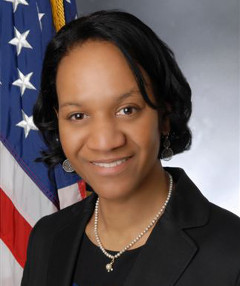
Charlotte Burrows, Chair of the U.S. Equal Employment Opportunity Commission

Charlotte A. Burrows was designated Chair of the U.S. Equal Employment Opportunity Commission (EEOC) by President Biden on January 20, 2021. Chair Burrows has advocated for strong workplace civil rights protections and robust cooperation between the Commission, employees, civil rights advocates, and employers. She is particularly interested in the impact of new and emerging technologies on civil rights and employee privacy. In 2021, she launched the EEOC’s initiative to examine the use of algorithmic decision-making tools, including artificial intelligence, in employment.
Thursday, June 15th at 4:00pm
The Community Built a Model: Using Participatory AI to Analyze Chicago Police Data
Trina Reynolds-Tyler, Invisible Institute
Tarak Shah, Human Rights Data Analysis
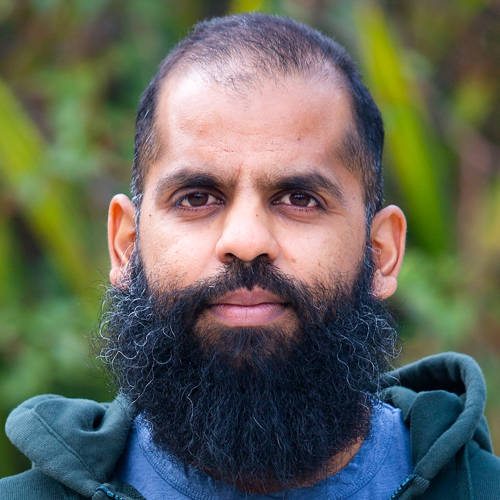
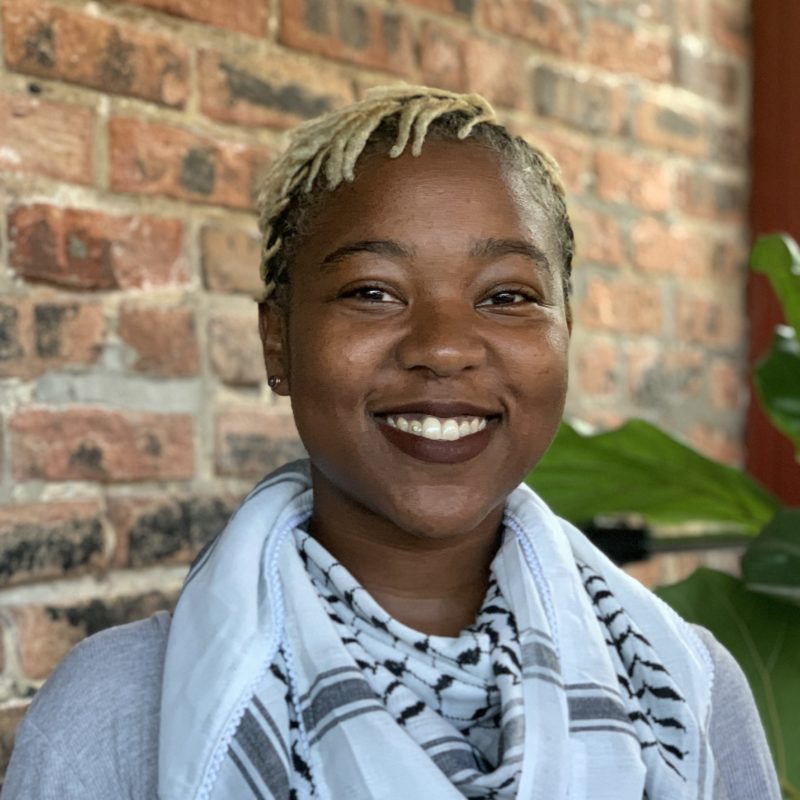
Trina Reynolds-Tyler, Invisible Institute
Tarak Shah, Human Rights Data Analysis


Beneath the Surface is a project that uses narrative justice and data science to interrogate the intersection between gender based violence and police misconduct. In 2020, journalists at the Invisible Institute gained access to investigative documents regarding over 27,000 complaints against the Chicago Police between the years of 2011 and 2015. Within these documents were the unstructured stories behind the spreadsheet-level complaint data that was previously available in Chicago. Trina assembled the Beneath the Surface team in order to sift through this important, but unwieldy, collection and recover the testimonies of survivors of gender based violence.
In 2021, the BTS team recruited and trained volunteers to read narratives from complaints filed between 2011-2015. They generated over 4000 records of training data which helped to identify allegations of gender based violence at the hands of the Chicago Police Department. These records, as training data, became the engine that drives Judy, a machine learning tool the team built to identify categories of misconduct.
This Community Keynote highlights our experiences and the tools we employed, and makes space to discuss more strategies to sustain human rights work that builds community.
Trina Reynolds-Tyler is a data analyst at the Invisible Institute. She co-founded the Chicago Chapter of Data 4 Black Lives, and is an organizer with BYP100 and the Black Abolitionist Network. Before receiving her Masters of Public Policy from the University of Chicago, she worked closely with the Citizens Police Data Project and the Youth / Police Project. She is active as a community organizer in Chicago.
Tarak Shah is a data scientist at the Human Rights Data Analysis Group, where he leads the team’s U.S. projects. He partners with local journalists and grassroots human rights organizations in places including Chicago, New Orleans, Puerto Rico, Boston, Berkeley, and San Francisco, to identify questions that can be answered and arguments that can be strengthened through quantitative analysis.
Community Panel
Community Town Hall hosted by the 2023 General Chairs